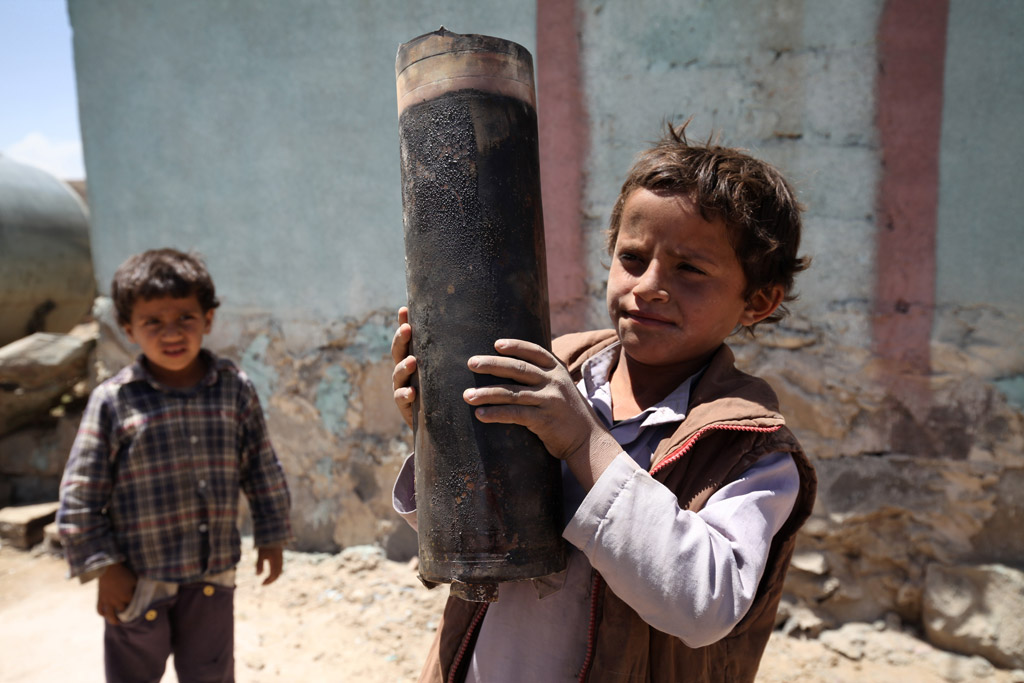
UN Warns of Lost Yemeni Generation
Local Editor
Alarmed by the dramatic increase in grave violations against Yemen’s children, the United Nations [UN] Special Representative for Children and Armed Conflict has called on parties to respect their obligations under international law to safeguard civilians from harm, including children.
The Special Representative, Leila Zerrougui, said in a statement issued on Monday that Yemen has become "another stark example of how conflict in the region risks creating a lost generation of children, who are physically and psychologically scarred by their experiences, deprived of educational opportunities, and who face an uncertain future."
"Children are paying an unacceptable price, and the ever mounting death toll tragically underscores the need for urgent action to protect them and other civilians," Zerrougui said.
She lashed out at the Saudi-led airstrikes for targeting civilians in the 21 August attack on Yemen’s province of Ta’izz.
"On 21 August, Saudi-led coalition airstrikes slaughtered 65 civilians - including at least 17 children..." she said.
She also deplored the number of attacks on schools and education personnel, and the devastating impact on children’s right to education. "As the start of a new school year approaches, the conflict is severely curtailing children’s access to education," Zerrougui said.
"Parties to conflict must abide by their international legal obligations to distinguish between civilian and military objects, and take precautions to avoid and minimize civilian casualties," she stressed.
A Saudi-led coalition backed by the United States has been carrying out a military aggression on Yemen by launching airstrikes against the country since March 26. The airstrikes have not been authorized by the United Nations [UN].
The United Nations Children’s Fund [UNICEF] has reported that since end-March, when the Saudi-led aggression on Yemen began, 114 schools were destroyed and 315 partially damaged - with an additional 360 serving to shelter displaced families. Furthermore, some 3,600 schools will not reopen due to insecurity - interrupting education access for an estimated 1.8 million children.
Furthermore, the UN said that after the conflict escalated in March, at least 402 children had been killed, and more than 606 injured.
According to a UN analysis, in comparison to the first quarter of the year, the number of children killed and injured more than tripled during the period of 1 April to 30 June - some 73 per cent of which were attributed to airstrikes.
